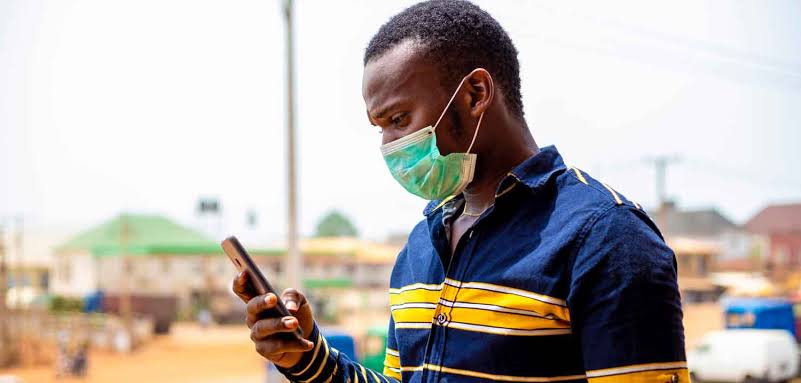Experts have called on African governments to make adjustments in the health, economic and social policy interventions in the coming months to mitigate the effects of COVID-19 pandemic.
They made the call during a session at the ongoing African Economic Conference (AEC) 2020, jointly hosted virtually on Wednesday.
It’s hosted by the United Nations Economic Commission for Africa (UNECA), the Africa Development Bank (AfDB) and the United Nations Development Programme (UNDP).
The experts noted that measures to prevent the spread of the virus had dampened prospects for economic growth on the continent.
Presenting a paper, Ms Mma Ekeruche, Research Fellow at Centre for the Study of the Economies of Africa (CSEA) said countries now faced weak growth and a diversion of resources.
The paper was titled “COVID-19 in Africa: The implications for macroeconomic and socioeconomic dimensions”.
Ekeruche added that the weak growth might aggravate the economic impact of COVID-19 on Africa.
Read also: President Buhari Congratulates President XI Jinping on China’s 71st Anniversary
She said that the continent’s policymakers would have to implement a wide range of macroeconomic policy measures to recover faster.
Also, according to Ms Mila Malavoloneke, International Trade Lawyer, Africa’s trade with China has been severely affected as manufacturing facilities in that country shut down during the pandemic.
Malavoloneke said this in her paper, “Rethinking China-Africa trade relations: The impact of a Sino-Africa FTA on trade balance”.
“With COVID-19, the challenge with the supply chain increased. Some African countries had certain products disappear when China went into lockdown.”
The lawyer said manufacturing was halted during the lockdown, adding that countries have to implement structural reforms to address the existing production capacity.
She claimed that China was a strategic commercial partner for Africa, though there was the need to address the industrial divide for the continent to make significant gains.
She added that African countries should boost trade by looking at negotiating a free trade area with China.
However, Rachael Nsubuga from ECA’s Sub-regional Office for Eastern Africa, challenged the idea of using the African Continental Free Trade Area (AfCFTA) as a benchmark to negotiate other free trade agreements.
Nsubuga was commenting on the paper’s findings and recommendation for a Free Trade Area (FTA) with China.
“Meaningful growth will only happen if this FTA happens at 100 per cent liberalisation which is not realistic.
“Model results show no economic benefits for Africa (worsened trade deficit) to support the formulation of the FTA (with China),”
She, however, agreed with the Malavoloneke emphasising the need to examine existing trade agreements between China and Africa “like the China duty free/quota free market access for LDCs into the African market”.
Another paper presented was, “Income-related health inequalities associated with the Coronavirus epidemic in South Africa: A decomposition analysis” by Chijioke Nwosu, a researcher.
Nwosu used national surveys to compare the health situation before and during the pandemic and found that poor health worsened in vulnerable households.
He further recommended addressing income and racial inequalities as key to mitigating the negative impact of the COVID-19 pandemic, and improving health outcomes for vulnerable populations.
However, Sidzanbnoma Ouedraogo, Sub-Regional Office for West Africa, UNECA, queried the reliability of the data used in the research.
“The sample of 4000 is relatively small and the date of the data of the survey collected.
“Indeed, we know that African countries started feeling the negative impact of the pandemic in February to March but the data of the survey has been collected in June.”
She advised Nwosu to look for another motivation for the paper, such as quantifying the impact of the pandemic on healthcare in South Africa.
The 2020 edition of the AEC provides a platform for academics and young researchers to present solution-oriented research to policymakers. (NAN)

